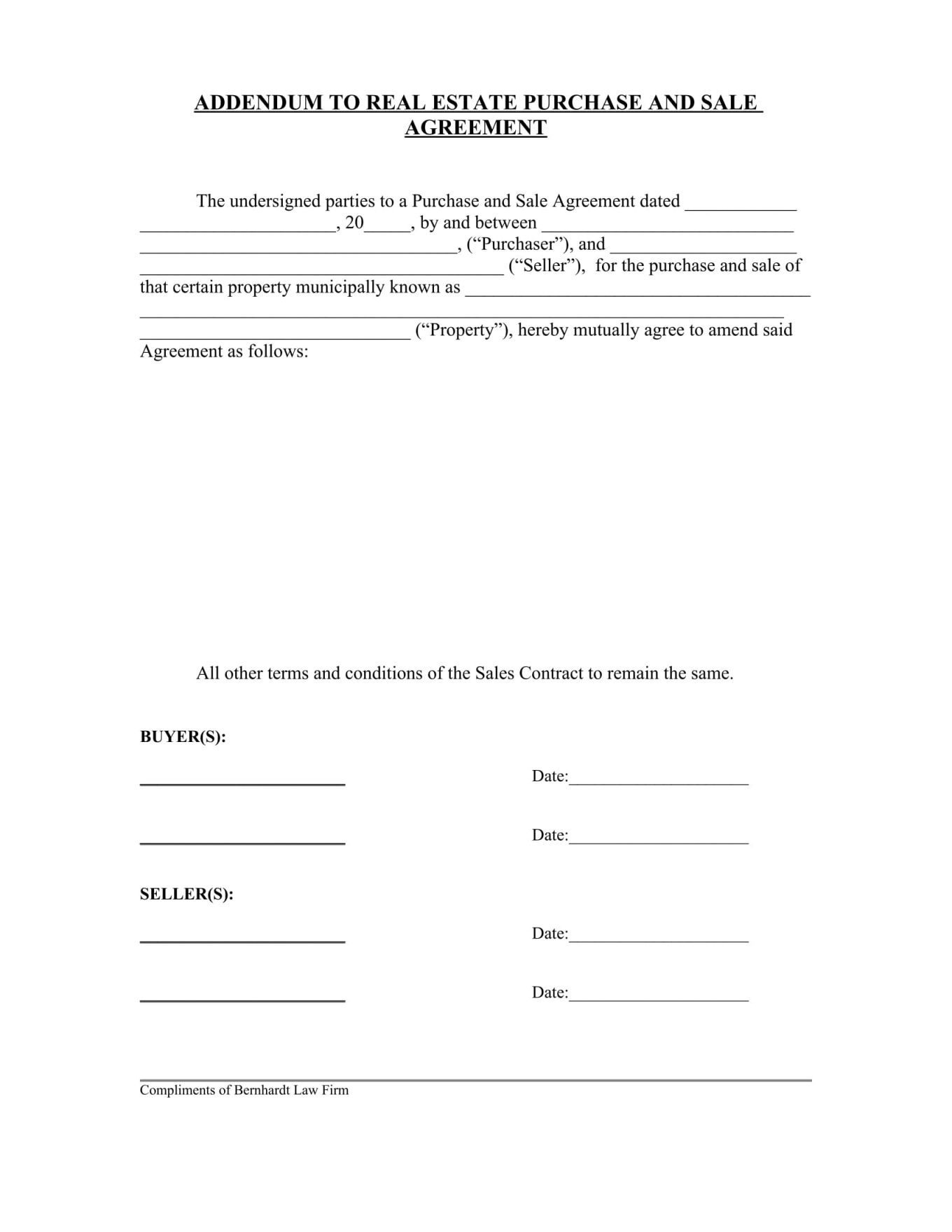Let’s talk about one of the most important things in life: real estate. Whether you’re looking to buy a house, sell a property or just want to know more about the industry, it’s important to understand the vocabulary that comes with it. So, without further ado, let’s dive in!
Property
 First things first, what is property? Property is any physical item that belongs to a person or group of people. This can include land, buildings, homes, and any other structures that are attached to the land. When we talk about real estate, we are referring to property that can be bought, sold, and rented for a profit.
First things first, what is property? Property is any physical item that belongs to a person or group of people. This can include land, buildings, homes, and any other structures that are attached to the land. When we talk about real estate, we are referring to property that can be bought, sold, and rented for a profit.
Listing
 A listing is a property that is put up for sale or rent. When a homeowner or real estate agent lists a property, they are advertising it to potential buyers or renters in the hopes of securing a deal. This can be done through online platforms such as Zillow or Realtor.com, as well as through traditional methods like flyers or signs.
A listing is a property that is put up for sale or rent. When a homeowner or real estate agent lists a property, they are advertising it to potential buyers or renters in the hopes of securing a deal. This can be done through online platforms such as Zillow or Realtor.com, as well as through traditional methods like flyers or signs.
Appraisal
 When you’re buying or selling a home, it’s important to know how much it’s worth. This is where an appraisal comes in. An appraisal is an assessment of a property’s value, done by a licensed appraiser. This can help buyers and sellers come to an agreement on a fair price for the property in question.
When you’re buying or selling a home, it’s important to know how much it’s worth. This is where an appraisal comes in. An appraisal is an assessment of a property’s value, done by a licensed appraiser. This can help buyers and sellers come to an agreement on a fair price for the property in question.
Mortgage
 Unless you’re able to buy a home outright, chances are you’ll need a mortgage to help finance the purchase. A mortgage is a loan that is specifically designed for buying a home. The loan is paid back over time, with interest added on top. When getting a mortgage, it’s important to shop around and find the best deal possible.
Unless you’re able to buy a home outright, chances are you’ll need a mortgage to help finance the purchase. A mortgage is a loan that is specifically designed for buying a home. The loan is paid back over time, with interest added on top. When getting a mortgage, it’s important to shop around and find the best deal possible.
Closing Costs
 When you buy a home, there are a lot of costs that come along with it besides just the purchase price. These include things like inspections, title search fees, and attorney fees. Collectively, these costs are known as closing costs. It’s important to factor these into your budget when buying a home, as they can easily add up to thousands of dollars.
When you buy a home, there are a lot of costs that come along with it besides just the purchase price. These include things like inspections, title search fees, and attorney fees. Collectively, these costs are known as closing costs. It’s important to factor these into your budget when buying a home, as they can easily add up to thousands of dollars.
Homeowner’s Association
 Some neighborhoods or buildings have a homeowner’s association in place. This is a group of the residents who are responsible for maintaining and managing the common areas of the property, such as community parks or pools. Homeowner’s associations are typically funded by dues paid by the residents.
Some neighborhoods or buildings have a homeowner’s association in place. This is a group of the residents who are responsible for maintaining and managing the common areas of the property, such as community parks or pools. Homeowner’s associations are typically funded by dues paid by the residents.
Conclusion
 And there you have it, folks. An overview of some important real estate vocabulary. Whether you’re buying, selling, or just curious, understanding these terms can be extremely beneficial. So the next time you’re in the market for a new home, remember these words and use them to help you make informed decisions.
And there you have it, folks. An overview of some important real estate vocabulary. Whether you’re buying, selling, or just curious, understanding these terms can be extremely beneficial. So the next time you’re in the market for a new home, remember these words and use them to help you make informed decisions.